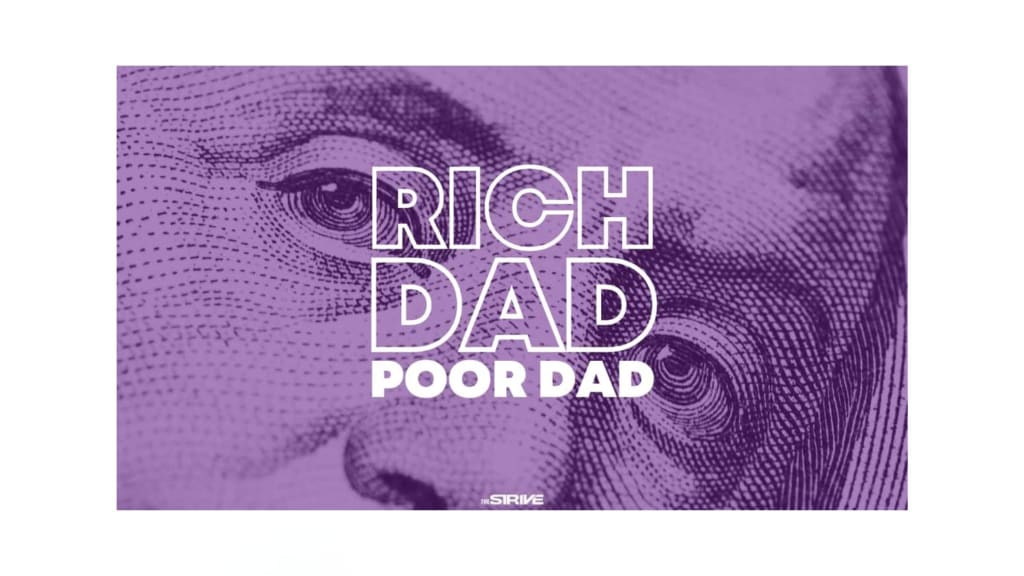
In the realm of personal finance and wealth creation, few books have had the lasting impact and popularity of Robert Kiyosaki’s “Rich Dad Poor Dad.” First published in 1997, this best-selling book presents a unique perspective on financial education and challenges conventional beliefs about money. In this blog post, we delve into the profound insights and lessons offered by “Rich Dad Poor Dad.”
A Tale of Two Dads: Kiyosaki shares his personal story, growing up with two influential father figures: his own highly educated but financially struggling father (Poor Dad) and the father of his childhood friend (Rich Dad), a successful entrepreneur with a different mindset about money. Through anecdotes and contrasting perspectives, Kiyosaki sets the stage for a transformative journey of financial enlightenment.
Shifting Mindsets: “Rich Dad Poor Dad” encourages readers to challenge their traditional views on money and wealth. It emphasizes the importance of financial education and developing a mindset that fosters wealth creation, asset acquisition, and financial independence. The book highlights the significance of cultivating a “rich mindset” that focuses on building assets and generating passive income streams.
Assets vs. Liabilities: One of the central concepts in the book is distinguishing between assets and liabilities. Kiyosaki explains how true wealth is built by acquiring income-generating assets that appreciate over time, rather than accumulating liabilities that drain resources. This shift in mindset encourages readers to think beyond traditional employment and strive for financial freedom.
The Power of Financial Literacy: “Rich Dad Poor Dad” underscores the importance of financial literacy and self-education. Kiyosaki emphasizes that true wealth is not solely measured by income but by one’s ability to make informed financial decisions. By understanding concepts such as cash flow, taxation, and investing, readers can take control of their financial destiny and make choices that align with their goals.
Breaking Free from the Rat Race: The book critiques the traditional path of working for a paycheck, often referred to as the “rat race.” Kiyosaki advocates for breaking free from this cycle by focusing on building assets that generate passive income. By creating financial independence through investments and entrepreneurial endeavors, individuals can gain more control over their time and resources.
Investing and Wealth Creation: “Rich Dad Poor Dad” introduces readers to the world of investing, including real estate, stocks, and entrepreneurship. The book emphasizes the importance of learning how to make money work for you, rather than solely relying on earned income. It provides practical insights on evaluating investment opportunities, managing risks, and leveraging assets to build long-term wealth.
Lessons for a Lifetime: Throughout the book, Kiyosaki shares valuable lessons that transcend age, background, or financial status. From the power of perseverance and taking calculated risks to the significance of continuously expanding one’s financial intelligence, “Rich Dad Poor Dad” offers timeless wisdom that can inspire readers to take control of their financial destiny.
Conclusion: “Rich Dad Poor Dad” serves as a guidebook for financial independence and a paradigm shift in how we view wealth and success. By challenging traditional notions and offering practical insights, Robert Kiyosaki provides a roadmap for achieving financial freedom. Whether you are just starting your financial journey or seeking to refine your financial strategies, this book is a must-read that can empower and inspire you to take control of your financial future.
About the Creator
Taj Padda
Hello, I'm Taj, an avid writer and knowledge enthusiast.






Comments
There are no comments for this story
Be the first to respond and start the conversation.